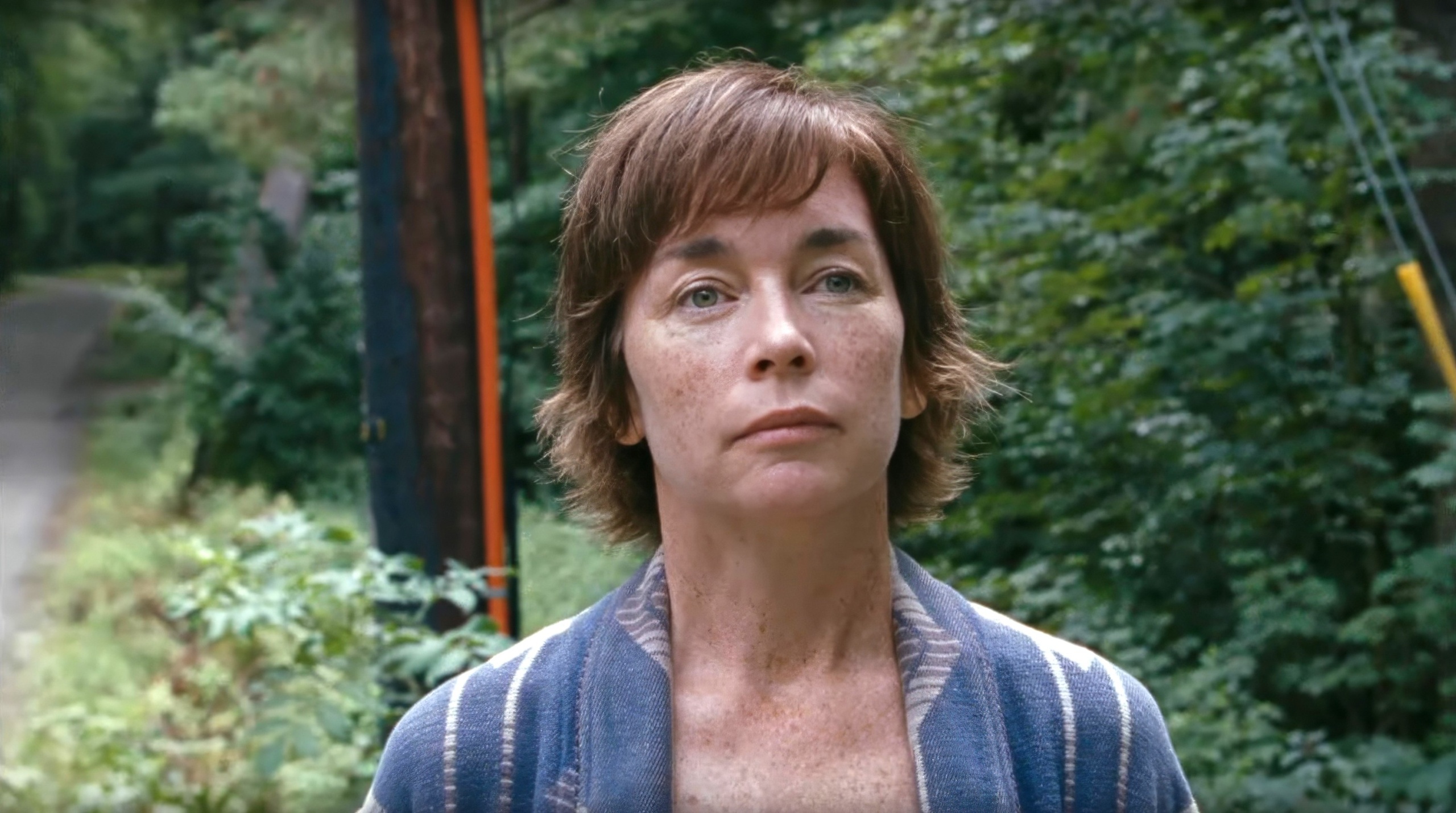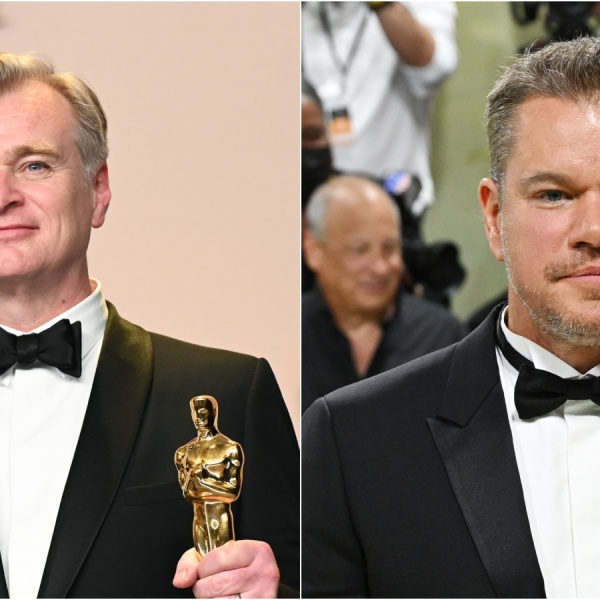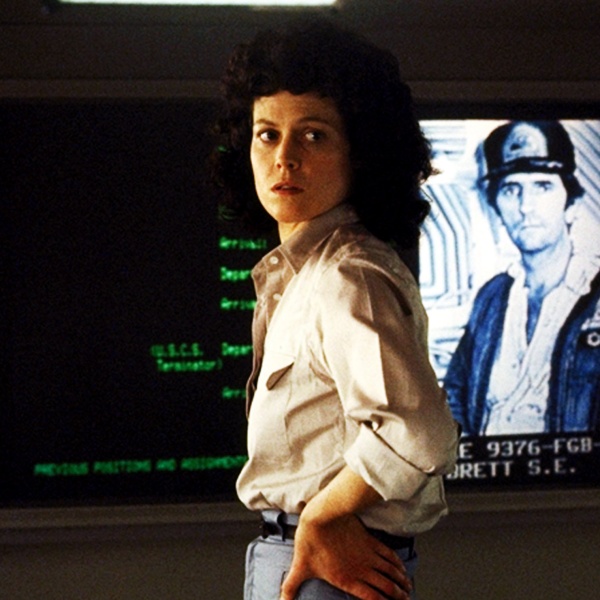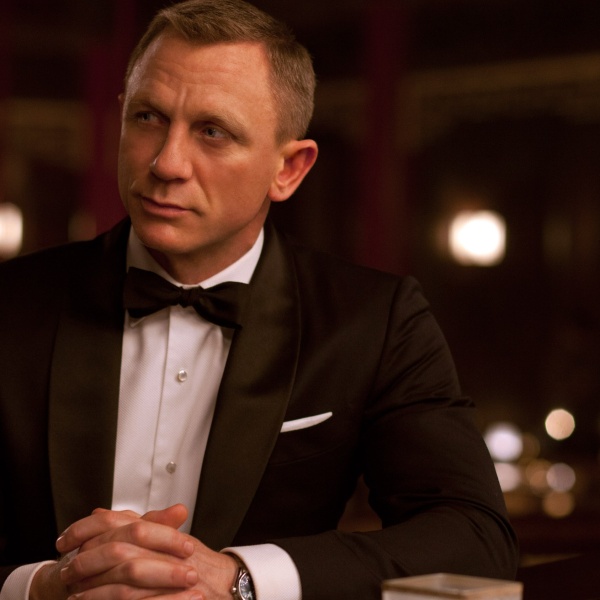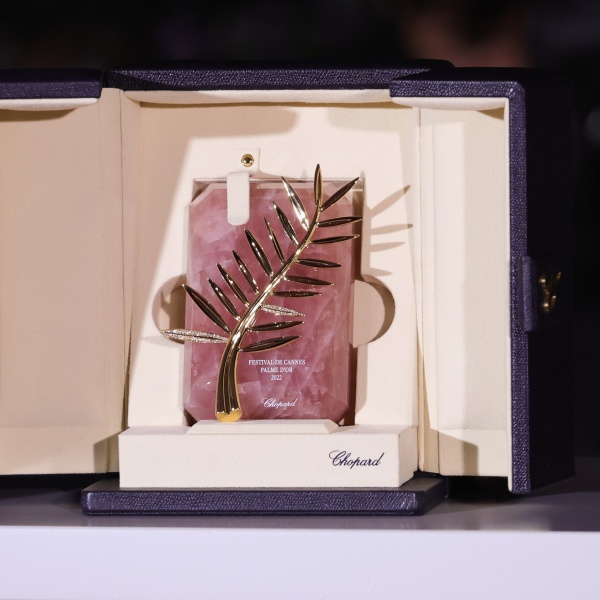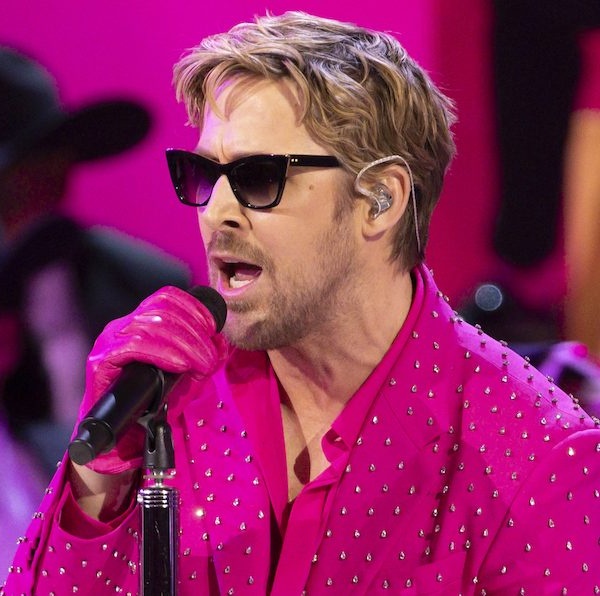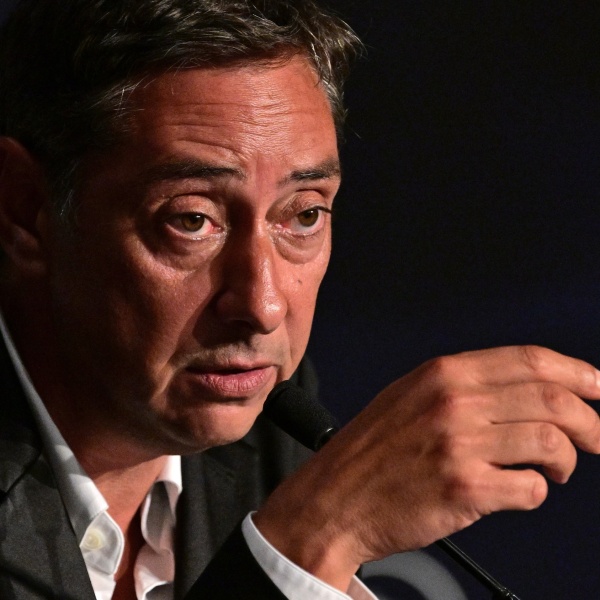I’m on a Zoom call with Julianne Nicholson, discussing her latest film “Janet Planet,” when I reference a moment that made the audience at my screening collectively gush with joy and nostalgia. The central figure of playwright-turned-filmmaker Annie Baker’s directorial debut is an isolated pre-teen named Lacy. She comes of age during the early 1990s in a lush, wooded, mountainous region of Massachusetts — a time and place where long bouts of silence and observation were how you came to understand the world around you — and orbits the life of her mother, the eponymous Janet, played by Nicholson, with equal fascination and disdain.
The scene I mention to Nicholson takes place a little later in the film and sees Lacy playing by herself, with a Little Red Riding Hood doll that, when turned inside out, becomes Little Red’s Grandma, then turned again, becomes The Wolf who eats them both. As I bring it up, Nicholson’s eyes widen.
“A friend of mine who’s in her 40s, wrote to me about that,” she says, amazed, but not surprised by the weight this moment carries for people. “They had seen a screening of it and she said five women in their 40s burst into tears in recognition, like when the thing that you haven’t thought of in three decades suddenly brings you right back to a place.”
There are a lot of moments like this in “Janet Planet.” Moments where the object of a scene isn’t to move from point A to point B, but to just sit and watch and find something to connect to. And though we come into this world through Lacy’s point-of-view, it’s Nicholson’s Janet that, as with her daughter, draws our interest most. While the emotional vulnerability she brings to the role and the presence she crafts in the film can’t be denied, Nicholson is quick to place credit elsewhere, whether it be Baker’s writing or even just the familiar environment she was thrown back into.
“I don’t know if you’ve ever been out there like Amherst Pioneer Valley, different from the Berkshires,” Nicholson asks after sharing how she and Baker had grown up there at different points. “It’s pretty magical there, especially in the summer. There’s a certain air quality, light lushness to the area, you know, and I feel like Annie captures all of that. And so that was like a great place to start. Just the sounds of the birds and the frogs and the cicadas and the wind chimes. And also it was high nineties a lot of our filming days. So a lot of it is just the place.”
The environment of the film is certainly one of its most alluring features, but the dynamic between a constantly growing, evolving adult human being like Janet and Lacy, who’s only just figuring out what growing up is all about, is ultimately what makes “Janet Planet” so special. This, says Nicholson, is a big part of what attracted her to the role in the first place.
“I feel like it was a really interesting look at a parent/child relationship,” she says. “I feel like it explores the intimacy and disconnect that happens. Where you know each other so intimately and yet you each have whole like inner worlds that the other knows nothing about, which I feel like you rarely see on screen.”
Expanding on this, Nicholson adds, “I read Annie say in one interview, and this is just one aspect of it, but it was almost like, one aspect of the story was watching a child falling out of love with her mother. And it’s sort of like when you go from young childhood into the next stages of your life where you maybe see your parents and that they’re not perfect. That they have their own issues going on. So I feel like it’s the beginning of that happening. But I also feel like her need is great for her mother. I think she loves her mother and depends on her mother, you know, she doesn’t have a lot of friends or any friends.”
Lacy’s perspective on her mother’s imperfection is drawn over the course of multiple sequences, each bookended by title cards naming the character Janet’s life will revolve around for a brief period. There’s her older, somewhat disturbed boyfriend Wayne (Will Patton), Janet’s former friend Regina (Sophie Okonedo), and Regina’s former boyfriend Avi (Elias Koteas), who may or may not be a cult leader and definitely has way too much zucchini. Each provides Nicholson the opportunity to explore Janet on a deeper and deeper level, even though the script only gave her 70 pages to work off of for a nearly two hour film. Because of this, she knew much of the process was going to be about finding “life that’s happening in between scenes or in between the lines.”
Accomplishing this subtlety would not have been possible without the right young actress guiding this journey. With Zoe Ziegler, Baker may have hit the jackpot. With an inquisitiveness that reveals itself at times through vocal obstinance and in other instances, through visual cues like tight close-ups, Ziegler plays as a 40-year-old trapped in a 12-year-old’s body. Shooting on 16mm, the film has a hazy glow to it, as if nostalgia is key to Lacy’s viewpoint despite her life being so brief. To create an authentic mother/daughter relationship with her younger co-star, Nicholson spent time with Ziegler on walks, making cairns by the river bed, and playing UNO every chance they got. She knew these experiences would be good to draw on while shooting, but was also completely astounded by the natural talent Ziegler brought to every scene.
“I feel like something just happened when the cameras were rolling because Zoe was incredible. She was not playing herself, she was playing a character and I was too and something just sort of happened between us whenever the cameras were rolling,” Nicholson acknowledges, later adding, “I think she just had an innate understanding because she’s not like Lacy.”
Nicholson also acknowledges that she’s not like Janet, even though she knew and certainly grew up around women who were. Though she brings a naturalness to the role that suggests some kind of inherent connection, Nicholson was more interested in holding onto and exploring someone she’s never really inhabited. This is a throughline with much of her recent work, whether it be the Columbian war drama “Monos” or the existential satire “Dream Scenario,” in that she seems to be drawn more and more to the unknown. It’s also part of what makes her so proud to be called a character actor.
“It’s very much an active choice to look for things that I haven’t done before. It’s exciting for me to challenge myself,” Nicholson said. “And I think, you know, being called a character actor is high praise because to my mind that means someone who you don’t just put them in the lead role, but you believe them in all different shoes. Maybe you don’t recognize them right away or maybe you’re surprised to see them in one place. I hope that the choices that I make share with anyone who’s watching that I’m up for a challenge and I wanted to take risks.”
In a world where the box office seems driven by tentpole films, sequels, and prequels, perhaps Nicholson’s greatest risk was taking part in a smaller, indie project that asks more of the audience than provides, but for myself and the crowd who all felt moved by a strange Little Red Riding doll, the risk continues to pay off.
“Janet Planet” is now playing in select theaters in New York and Los Angeles.
